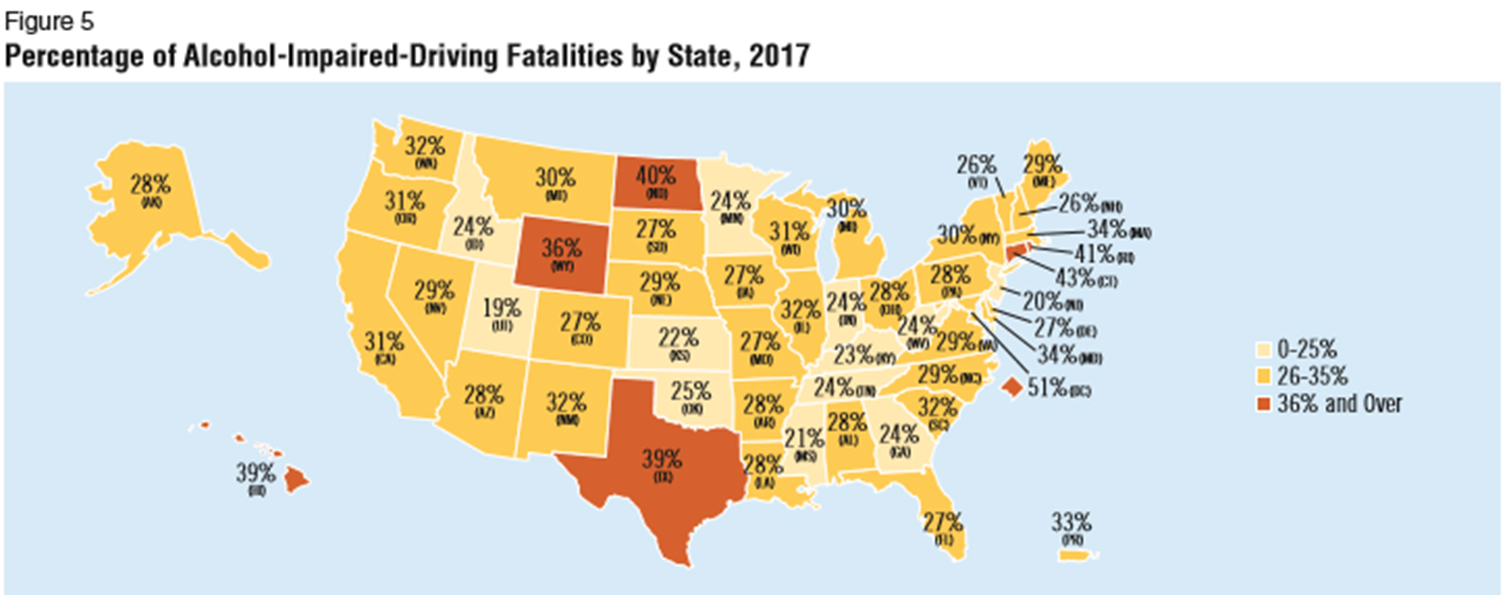Enhance Your Resume with a florida food handlers license
Enhance Your Resume with a florida food handlers license
Blog Article
Boost Your Job Opportunities: Why a Food Trainer Certification Is a Must-Have in the Culinary Market
In today's competitive cooking landscape, the relevance of a food handler certificate can not be overemphasized. This credential not only reflects a person's commitment to maintaining food safety and security requirements but also offers as an important possession in boosting employability within the market. As restaurants and food solution establishments increasingly focus on licensed staff, specialists furnished with this accreditation stand to gain a substantial benefit. Nevertheless, the implications of this qualification expand beyond plain employability; they can additionally influence wage potential and occupation progression. Exploring these elements reveals a deeper understanding of why this qualification is a tactical financial investment for culinary experts.
Significance of Food Safety
In the culinary industry, the importance of food safety can not be overemphasized. Infected food can lead to major health issues, consisting of foodborne ailments, which can influence individuals and lead to significant obligation for food facilities.
Food security includes a range of procedures, consisting of appropriate food handling, storage, food preparation, and serving techniques. Sticking to these techniques not only reduces the threat of contamination but likewise helps in following regional health regulations. Correct training in food security allows cooking professionals to identify prospective risks and apply precautionary steps efficiently.
Additionally, a strong dedication to food safety can boost the credibility of a cooking establishment, promoting client loyalty and service growth. Customers are increasingly conscious of food safety problems, making it vital for food trainers to demonstrate their adherence to ideal practices. Eventually, prioritizing food security is not simply a governing need; it is a fundamental element of supplying high quality food service and safeguarding the wellness of customers.

Certification Demands
Food security techniques are just as effective as the individuals executing them, making qualification an important action for food trainers in the cooking sector. To obtain a Food Handler Certificate, prospects have to usually finish a training program that covers crucial topics such as foodborne ailments, sanitation, personal hygiene, and safe food managing strategies.
The majority of qualification programs are designed to accommodate different learning styles, providing choices for online, in-person, or hybrid styles. Participants should pass an assessment to show their understanding of the material, with a minimum passing score frequently evaluated 70%.
The duration of training can vary, with some programs requiring just a couple of hours, while others might cross numerous days. After efficiently finishing the training course and test, prospects obtain their qualification, which is usually legitimate for 3 to five years, depending on local regulations.
Revival usually entails retaking the course or completing a refresher course program to make sure that food handlers stay upgraded on the most recent methods and standards. Compliance with these qualification demands not only enhances specific expertise however also adds to the total security and high quality of food service procedures.
Work Market Need
Exactly how has the job market for food trainers advanced recently? The need for food trainers has considerably enhanced, greatly driven by the expanding recognition of food security and health among consumers and regulatory bodies. With the surge of foodborne diseases, restaurants, providing solutions, and food production firms are focusing on the hiring of licensed food handlers to ensure compliance with wellness policies. This change has brought about a heightened focus on food safety training and accreditation as requirements for employment in the cooking industry.
Furthermore, the expanding dining establishment field, especially with the appearance of food delivery solutions and food trucks, has visit here actually developed an abundance of work possibilities for food handlers. The need for knowledgeable employees who can safely prepare and handle food has become critical. servsafe food handler certificate. Furthermore, as culinary companies take on more rigorous safety methods, the value of a food trainer certification has increased, making it a crucial possession for work applicants
Because of this, people going into the cooking labor force are locating that getting a food trainer certification not only enhances their employability but also positions them favorably in a competitive work market that increasingly prioritizes food safety and health criteria.
Benefits of Certification
Obtaining a food trainer certificate offers numerous benefits that substantially enhance a professional's standing in the cooking market. Primarily, it shows a commitment our website to food safety and health, which is extremely important in preventing foodborne illnesses. This qualification furnishes individuals with important expertise relating to risk-free food managing methods, including proper storage, cooking temperatures, and hygiene treatments
Furthermore, possessing a food handler certification can enhance a person's employability. Lots of companies prioritize candidates with this qualification, viewing it as a sign of professionalism and reliability and expertise. This can lead to better task possibilities and possibly higher salaries, as licensed people are often turned over with better obligations.
In addition, her comment is here the certification fosters a culture of security and liability within the workplace. It not only enhances a worker's confidence in their skills yet additionally advertises a more secure environment for clients and coworkers alike. Finally, keeping a food trainer certification can open up doors to further educational and career development chances within the culinary field. Generally, this accreditation is a calculated investment that benefits both professionals and the establishments they offer, inevitably adding to a growing cooking market.
Steps to Obtain Licensed
Acquiring a food trainer certification involves a straightforward procedure that can establish individuals on a course to boosted occupation prospects in the cooking market. The primary step is to find an accredited program or training service provider that offers food security courses. Several organizations provide both in-person and on-line options, enabling adaptability in discovering.

After efficiently passing the examination, individuals will certainly get their food handler certificate, which is typically legitimate for a specific period, normally three to five years. To keep qualification, it may be necessary to finish refresher courses or take back the test before the expiration date.
Finally, it is necessary to confirm any kind of regional or state-specific policies pertaining to food trainer accreditation, as needs can vary. By following these actions, individuals can acquire their certification and dramatically enhance their employability in the competitive culinary landscape.

Final Thought
Finally, acquiring a food handler certificate is essential in the culinary industry, as it ensures adherence to food safety and security criteria and boosts employability. With the expanding demand for certified personnel, this credential not just opens up doors to work possibilities however likewise contributes to career advancement and increased gaining possibility. Eventually, a food handler certificate indicates a dedication to security and professionalism and trust, fostering a culture of accountability that profits both employees and companies in the food service sector.
Report this page